Quiz Sciences
Last Updated:
IMPROVE YOUR KNOWLEDGE WITH OUR SCIENCE QUIZ
Are you passionate about science? We offer you a collection of science quizzes to test your knowledge on different subjects, such as physics, biology, chemistry, astronomy, geology, etc.
Our science quizzes are a fun and educational way to discover the world of science. With our selection of questions on different topics, you can test your knowledge about science and technology. Do you know the most important laws of physics? Can you name the different parts of the human body? Can you identify the different chemical elements? Our science quizzes are here to help you answer these questions and expand your scientific knowledge.
Our science quizzes will help you discover new topics and theories, as well as learn about the great scientists in history. Science quizzes are a fun way to reinforce your knowledge and discover the beauty and complexity of the universe. So if you are a science enthusiast or just curious, come test your knowledge with our science quizzes.
sciences
/ 10
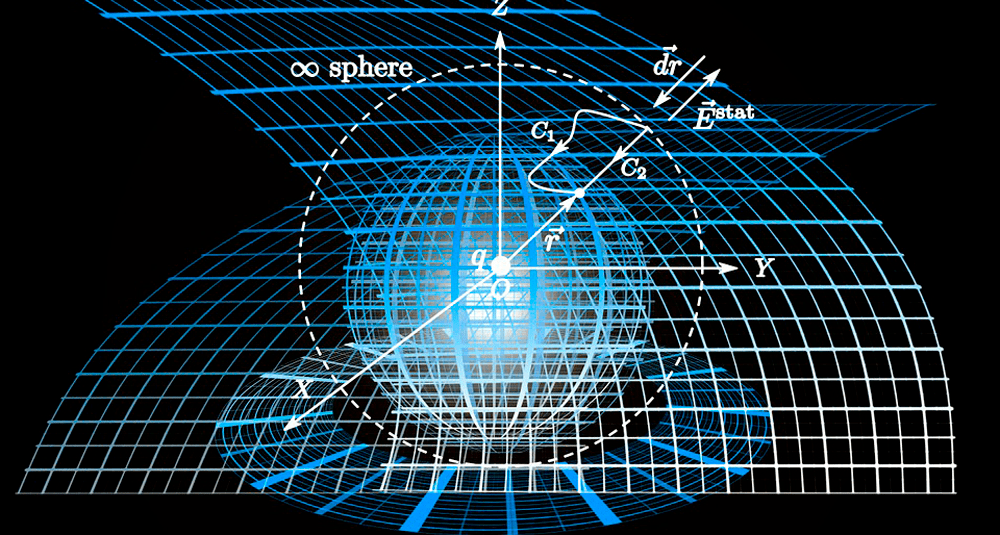
How many vertices does a hexagon have?
16
210

🙌 Good answer
A hexagon has six vertices, because it's a six-sided polygon. Each vertex is the intersection of two sides.
Next question

😞 Wrong answer
A hexagon has six vertices, because it's a six-sided polygon. Each vertex is the intersection of two sides.
Next question
sciences
/ 10

What is the meaning of NASA?
1National Aeronautics and Space Administration
2National Astronomics and Space Administration

🙌 Good answer
NASA stands for National Aeronautics and Space Administration. This American agency is responsible for space research and exploration.
Next question

😞 Wrong answer
NASA stands for National Aeronautics and Space Administration. This American agency is responsible for space research and exploration.
Next question
sciences
/ 10
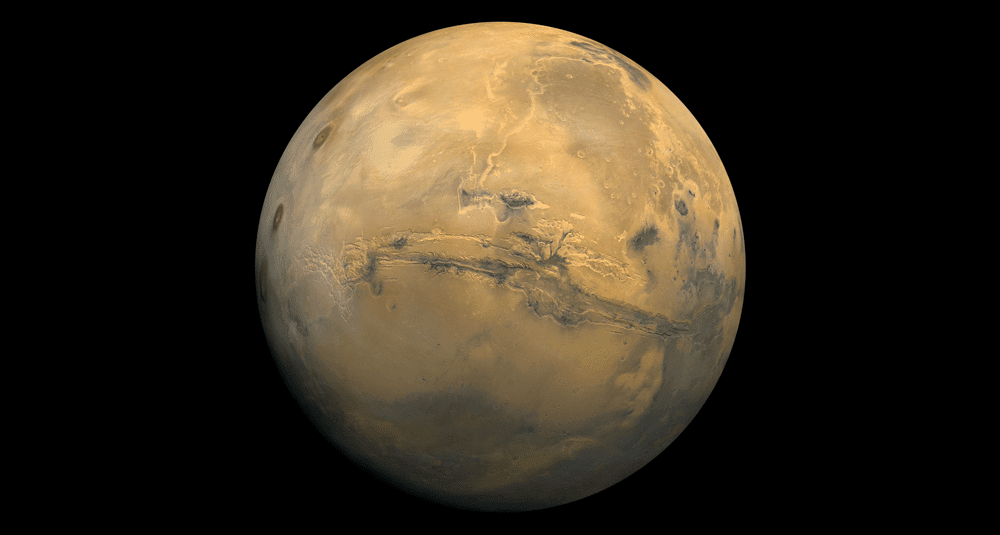
Which Martian crater was chosen as the landing site for Curiosity on the Mars Science Laboratory mission?
2Gale
1Bonneville

🙌 Good answer
Gale is an impact crater about 155 km in diameter located on the planet Mars. The crater was selected by NASA in July 2011 as the landing site for the Curiosity rover of the Mars Science Laboratory mission.
Next question

😞 Wrong answer
Gale is an impact crater about 155 km in diameter located on the planet Mars. The crater was selected by NASA in July 2011 as the landing site for the Curiosity rover of the Mars Science Laboratory mission.
Next question
sciences
/ 10
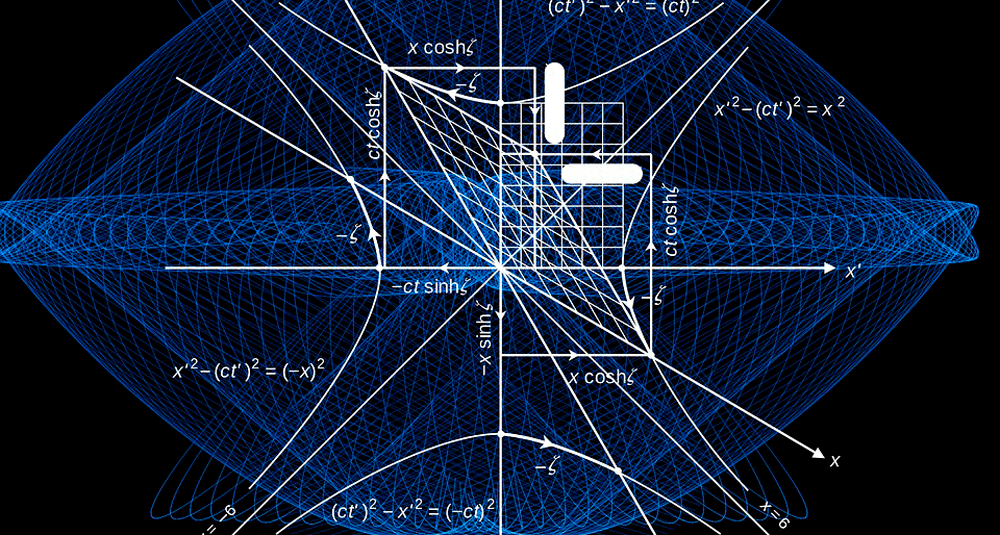
A triangle can be equidistant or equilateral?
2Equilateral
1Equidistant

🙌 Good answer
A triangle can be equilateral. An equilateral triangle has three sides of equal length and three equal angles of 60 degrees.
Next question

😞 Wrong answer
A triangle can be equilateral. An equilateral triangle has three sides of equal length and three equal angles of 60 degrees.
Next question
sciences
/ 10

Which physicist made the first radiograph in 1895?
2Wilhelm Röntgen
1Pierre Curie

🙌 Good answer
The first radiograph in history was taken on December 22, 1895 on the hand of Anna Bertha Röntgen, the wife of Dr. Röntgen, the discoverer of X-rays.
Next question

😞 Wrong answer
The first radiograph in history was taken on December 22, 1895 on the hand of Anna Bertha Röntgen, the wife of Dr. Röntgen, the discoverer of X-rays.
Next question
sciences
/ 10

Which research area was voted Method of the Year by Nature Methods 2010?
2Optogenetics
1Quantitative genetics

🙌 Good answer
In 2010, the scientific journal Nature Methods named optogenetics “method of the year,” a major breakthrough for the study of the brain and neurons.
Next question

😞 Wrong answer
In 2010, the scientific journal Nature Methods named optogenetics “method of the year,” a major breakthrough for the study of the brain and neurons.
Next question
sciences
/ 10
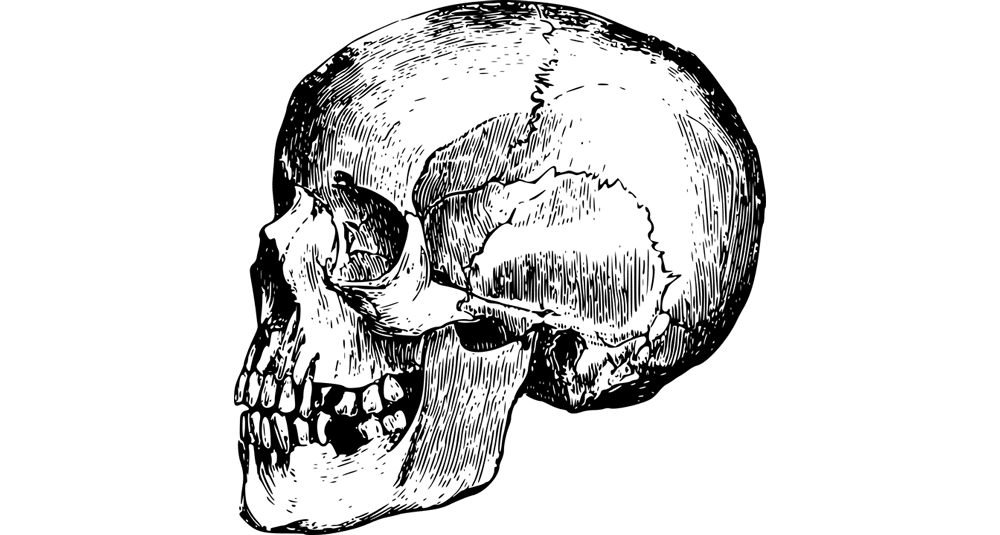
In anatomy, where is the floor?
1The cranial box
2The facial

🙌 Good answer
The floor (or base of the skull), located in the cranial box, is formed of three cranial pits.
Next question

😞 Wrong answer
The floor (or base of the skull), located in the cranial box, is formed of three cranial pits.
Next question
sciences
/ 10

What was the first flower grown on the International Space Station?
2Zinnia
1Cirse

🙌 Good answer
Zinnia are popular garden flowers. It is the first flower species to grow and bloom in orbit onboard the ISS in January 2016, as part of the Vegetable Production System.
Next question

😞 Wrong answer
Zinnia are popular garden flowers. It is the first flower species to grow and bloom in orbit onboard the ISS in January 2016, as part of the Vegetable Production System.
Next question
sciences
/ 10
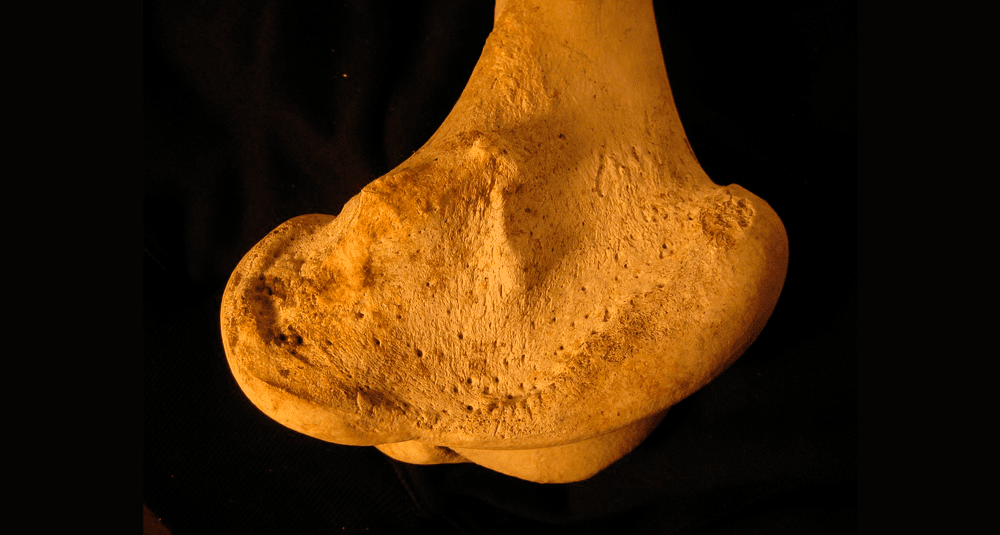
What is the longest bone of the human skeleton?
1Femur
2Tibia

🙌 Good answer
The femur is the longest bone in the human skeleton, located in the thigh. It provides support for the body and mobility for the leg.
Next question

😞 Wrong answer
The femur is the longest bone in the human skeleton, located in the thigh. It provides support for the body and mobility for the leg.
Next question
sciences
/ 10
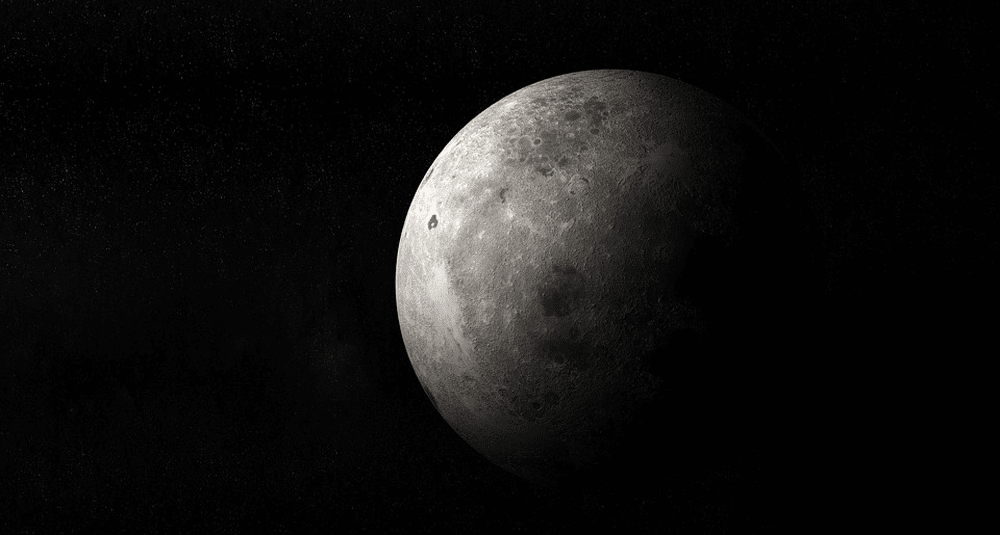
When did the Soviet probe Luna 2 reach the Moon?
11959
21968

🙌 Good answer
The first man-made object to reach the Moon was the Soviet Luna 2 probe, which crashed on September 14, 1959.
Next question

😞 Wrong answer
The first man-made object to reach the Moon was the Soviet Luna 2 probe, which crashed on September 14, 1959.
Next question




